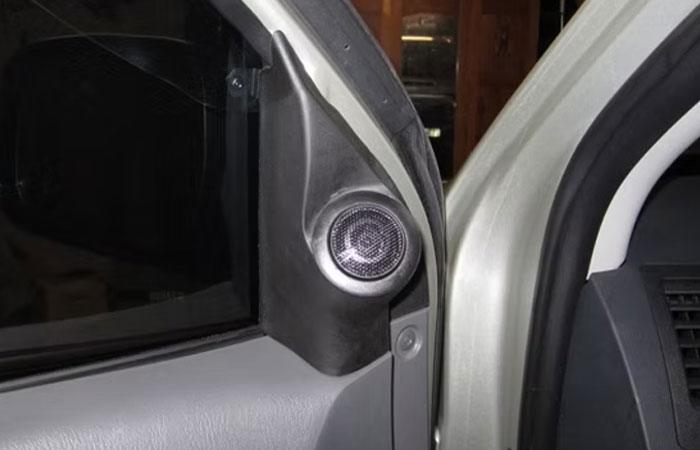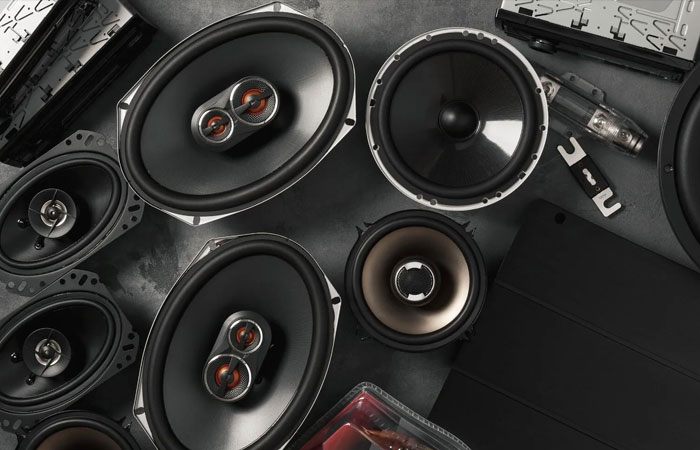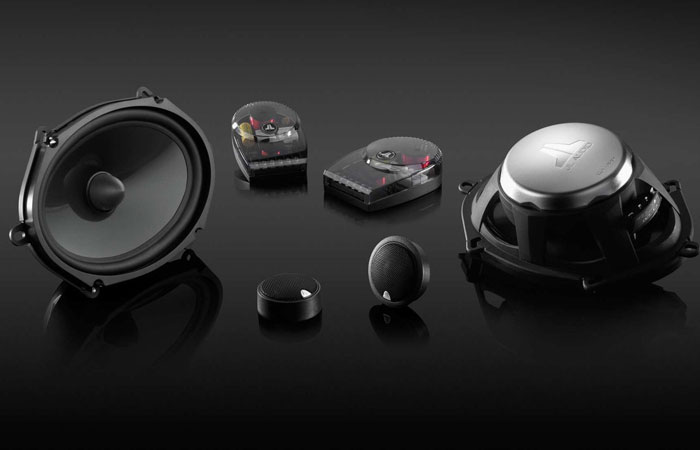Do You Need an Amplifier for Car Speakers? Step-by-Step Breakdown
Many car owners wonder: do I need an amplifier for my speakers, or is it enough to just connect them to the head unit? The answer depends on several factors — speaker power, sound expectations, and system upgrade plans. In this article, we break down when an amplifier is essential and when you can do without it.
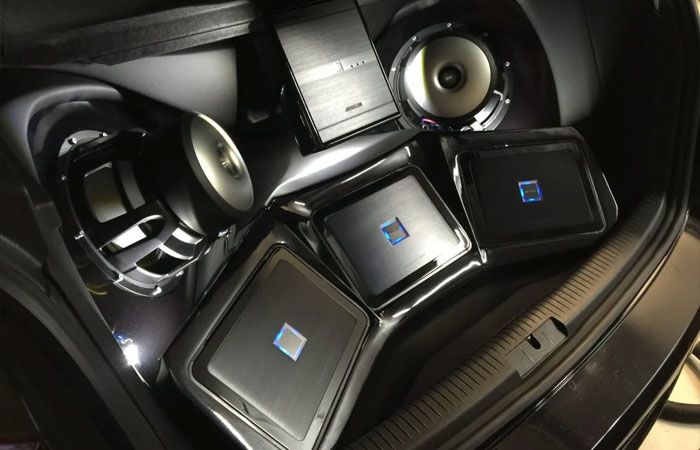
Step 1. Check your head unit’s power
Most modern head units produce around 15–25W RMS per channel at 4 ohms. That’s fine for basic coaxial speakers, but not enough for more powerful or component systems.
If your speakers are rated above 40–50W RMS, connecting them directly to the head unit won’t be effective — their potential will remain untapped.
Step 2. Review your speaker specs
Speakers usually list two types of power ratings:
- Peak power — marketing value, can be ignored.
- RMS (nominal power) — this is the real figure that matters. It shows how much power the speaker is designed to handle during normal operation.
If your speakers are rated for 50–100W RMS, they’ll need an amplifier.
Step 3. Signs your speakers aren’t performing at full potential
Even without measuring tools, there are clear signs of underpowered speakers:
- Sound distorts or “chokes” at higher volume.
- Lack of dynamics or depth.
- Weak bass and no punch.
- Missing detail — especially in vocals and instrumentals.
If any of these sound familiar — consider adding an amplifier.
Step 4. When an amplifier is absolutely necessary
There are scenarios where an amp is non-negotiable:
- You’re using a component speaker system (especially mid/high-end).
- You plan to install a subwoofer.
- You want loud sound without distortion (e.g. for show cars or competitions).
- You’re using an external DSP or sound processor.
An amplifier gives more control over the sound — with tuning options like crossovers, gains, and even time alignment.
Step 5. What if you don’t install one?
If you have a budget coaxial setup and you’re satisfied with the volume — an amp may not be essential. But even in that case, it offers:
- cleaner, fuller sound,
- less stress on the head unit,
- greater flexibility for future upgrades.
An amp also makes it easier to add a subwoofer later or upgrade to component speakers without rewiring the system.
Conclusion: Should You Install an Amp?
Yes, if:
- you’re using component speakers,
- you want high-quality sound,
- you’re using powerful speakers or a subwoofer.
No, if: you have a simple system and are happy with the current volume and clarity.
Either way, an amplifier isn’t just about volume — it’s about unlocking the full potential of your audio system and hearing the details you’ve been missing.
-
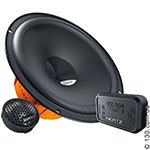 Car speaker Hertz DSK 165.3Buy4120 ₴
Car speaker Hertz DSK 165.3Buy4120 ₴ -
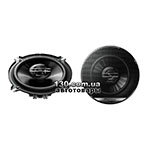 Buy
Buy
-
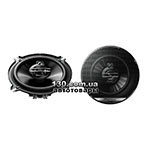 Car speaker Pioneer TS-G1330FBuy1440 ₴ 1439 ₴
Car speaker Pioneer TS-G1330FBuy1440 ₴ 1439 ₴ -
 Car speaker Pioneer TS-R6951SBuy2640 ₴ 2388 ₴
Car speaker Pioneer TS-R6951SBuy2640 ₴ 2388 ₴
















